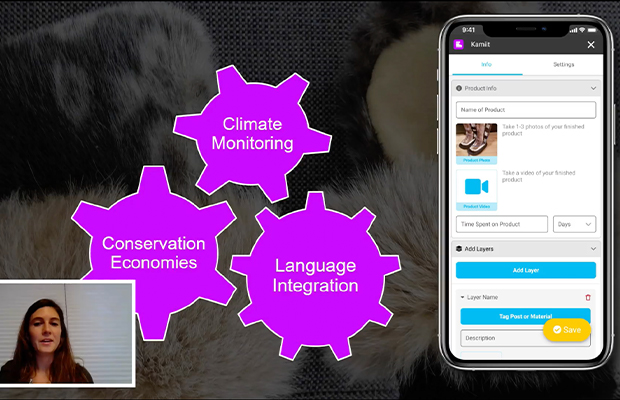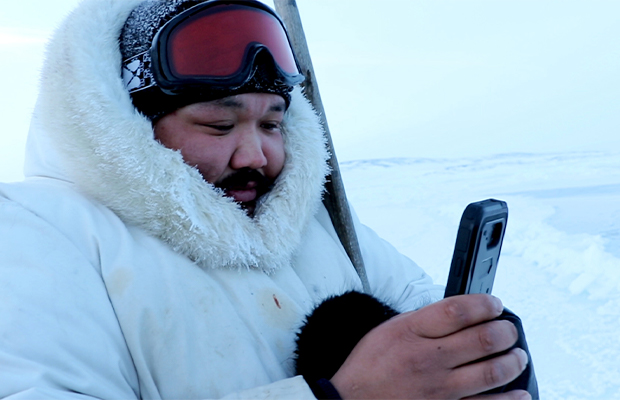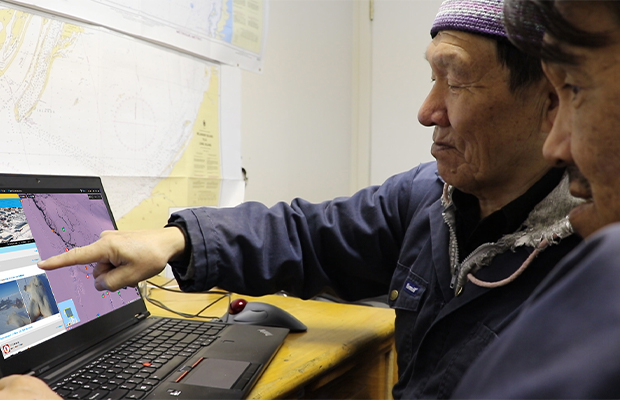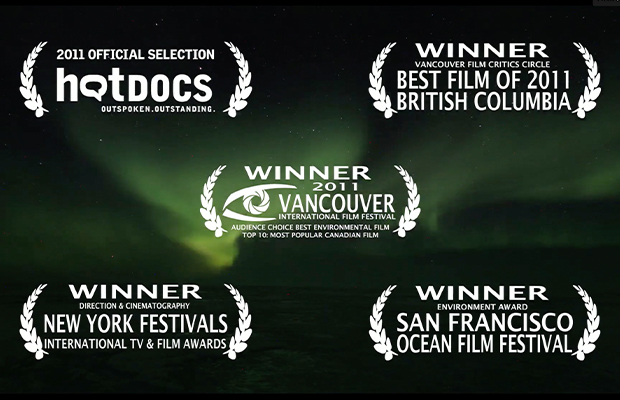Joel Heath
Arctic Eider Society
Sanikiluaq, Nunavut
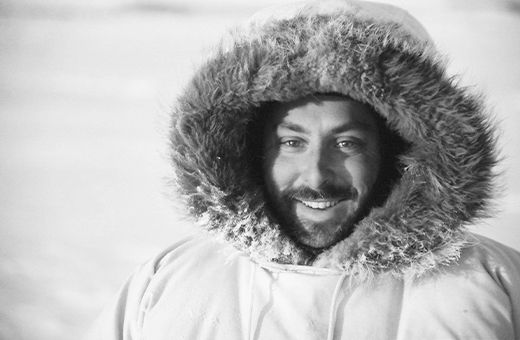
Sector Impact
Economic Development
Education
Environment & Sustainability
Human Rights & Equality
Indigenous Peoples & Reconciliation
Science & Technology
TRADITIONAL KNOWLEDGE, 21C TECH
The Challenge: Climate change is shifting Inuit culture and livelihood. Vanishing sea ice and unpredictable conditions affect travel safety requiring new ways to adapt and share knowledge that was traditionally transferred through oral history. And although the Inuit are the population most impacted by climate change, they have most often been excluded from research and environmental stewardship efforts in the Arctic, which prioritize Eurocentric knowledge and methods.
The Solution: With his colleagues at the Arctic Eider Society, Joel Heath has created SIKU: The Indigenous Knowledge Social Network, which mobilizes traditional knowledge and environmental terminology to facilitate Indigenous-driven solutions for — and strategies to mitigate — climate change in the North. The result? New opportunities for local conservation economies, with Inuit self-determination at their core.
Situating traditional Inuit knowledge in 21st-century challenges.
The Inuit are the population most impacted by climate change in the Arctic. And yet, their traditional knowledge systems, dating back millennia, are most often excluded from environmental stewardship efforts in the region, which until recently prioritized Eurocentric scientific research methods. With SIKU — a multimedia social networking application built by and for Inuit communities — Joel Heath and the Arctic Eider Society is shifting that dynamic.
Inuit self-determination in research, education, and environmental stewardship.
SIKU (named after the Inuktitut word for sea ice) connects Inuit across remote geographies as they map changing sea-ice and weather conditions, share hunting stories, document wildlife migration patterns, track invasive species, and contribute their knowledge into research projects. Indigenous residents of Canada’s North upload their traditional knowledge and observations of the land and its inhabitants to the platform, translating oral culture into valuable scientific data on environmental change. The app gives its users tools to make more informed decisions about managing the cumulative impacts of climate change and development on their traditional lands.
In a region where jobs are scarce, SIKU is also creating space for a new, local conservation economy. Imagine, for example, a southern university hiring 50 Inuit hunters to gather and track data on ice conditions or caribou migration patterns through their mobile phones. Younger Inuit, says Joel, are uniquely positioned to work within the contexts of both cutting-edge technologies and their Elders’ language, stories and knowledge systems. To train this next generation of community researchers and environmental stewards, insights and capabilities of the platform are further linked to curriculum learning outcomes for Northern school boards.
Since its launch in 2019, SIKU has engaged thousands of people across the Canadian Arctic, where it’s used in more than half of the 51 Inuit communities in the region and in dozens of research collaborations between Indigenous communities, regional organizations, universities and governments. The AES aims to develop functionality for travel safety, climate-change monitoring and gender equity in environmental stewardship and Inuit self-determination. Globally, SIKU is expanding to other Indigenous circumpolar communities; several Indigenous populations around the globe have expressed interest in the application for their own self-determination efforts.
Joel started working in the Inuit community of Sanikiluaq in the early 2000s to conduct PhD research on eider ducks. “When I finished my PhD, local Sanikiluaq Inuit congratulated me, and told me that when it came to Inuit knowledge, I was still in kindergarten.” Joel was smart enough to agree: by 2011, he had transitioned out of academics to co-found AES. He’s been learning ever since, with the goal of strengthening his adopted community and re-centring Indigenous knowledge in the stewardship of the Hudson Bay ecosystem.

